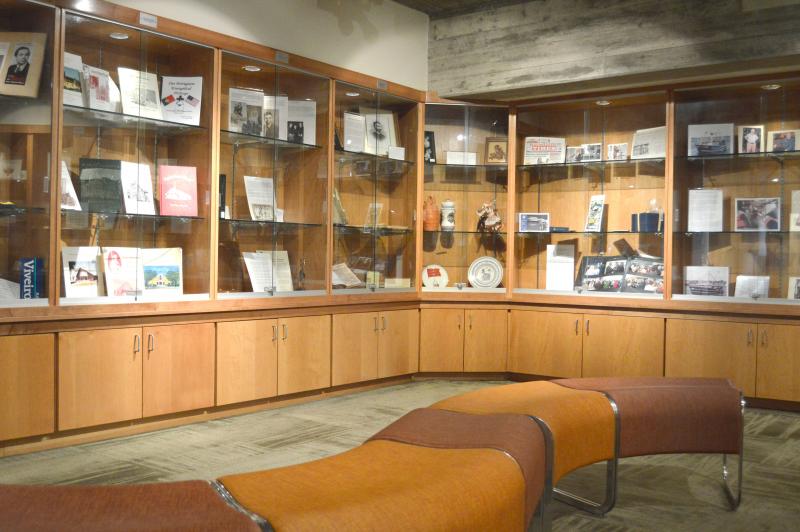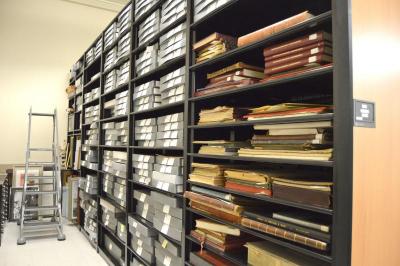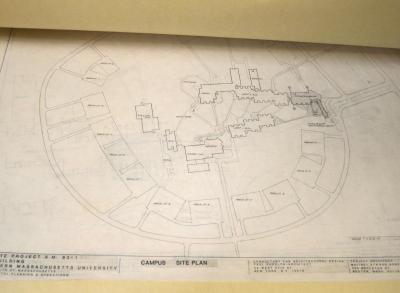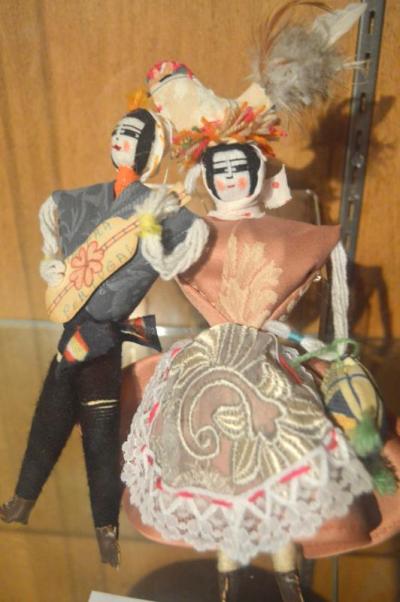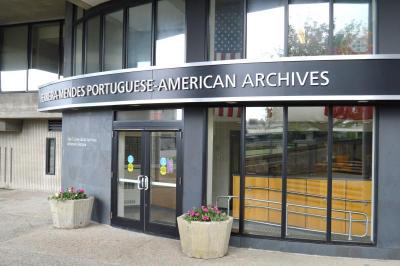Local archives collect the region’s history
Nestled against the Claire T. Carney Library at UMass Dartmouth is a treasure trove of artifacts from around the region. It provides a glimpse into the region’s past through scrapbooks, recordings of radio broadcasts and all manner of paper documents.
The Ferreira-Mendes Portuguese-American Archives features the life of the Southcoast’s Portuguese community and is home to five other major collections in a giant, temperature-controlled storage room.
UMass Dartmouth’s collection originated in the ‘60s in the library. In 1995, Judy Farrar, a professional archivist, was hired at the school and had new ideas to enhance the archives.
“Even though the materials were here, I started processing the collections according to national standards,” said Farrar. “The collection used to be upstairs in what was designed as a map room. We’ve moved all the collections down here in 2009. Since I’ve been here it’s grown — probably fives times the size.”
Originally the archives were mostly focused on the Robert Kennedy assassination and the college’s own records. In the main storage area below, you can still find old maps of the school’s layout and metal mod-style curtains that hung in the library during the ‘60s.
When she took on the job, Farrar rewrote the school’s collection policy to include more documents that would reflect the region and its people. Today the archives include documents from the Jewish community, recordings from the campus’ folk music festivals and papers from former Massachusetts U.S. Representative Barney Frank.
“That’s how we got started with the Portuguese archive,” said Farrar.
Sonia Pacheco, also an archivist, said that highlighting the area’s Portuguese immigrant community seemed like a natural fit for the space.
“New Bedford and Fall River have the highest concentration of Portuguese-American immigrants in the United States,” said Pacheco. “We do not have the highest number of Portuguese-American immigrants — that honor goes to California — but the concentration within a geographical area is between Fall River and New Bedford.”
The Portuguese first came to the area through the whaling industry of the early 1800s. Pacheco said the whaling ships would venture through the Atlantic and stop in the Azores for fuel, food and to pick up a few crewman. Those crewman would come back with the whaling ships to New Bedford.
As living conditions worsened in the Azores, immigration increased to the United States.
The collection, which is on display in a gallery to the right of the entrance, incorporates documents from local politicians, prominent community members, associations, fraternal societies and others. Immigrants from mainland Portugal and the Azores are the primary focus.
“We also have the papers of the average immigrant who has an amazing story to tell — and it’s all through the archives that we’re able to tell that story,” said Pacheco.
“The Portuguese-American immigrant community has a very big impact in this area. UMass Dartmouth has a long history with the community. [The college] has been teaching Portuguese as a language, instituted a major and a minor in Portuguese. And then in the late ‘90s instituted a masters and subsequently, a PhD,” she said.
She said the bulk of the collection is made possible through donations. She encourages those who may have something to contribute to reach out to her. Pacheco says that donors sometimes feel hesitant to make contact because they’re unsure if what they have is valuable.
“I can always find something that’s worthy of a story,” she said. “I don’t like it when people assume that what they have may not be of importance because everything that lasts through the years does end up telling the story of the Portuguese-American community in this area.”
“When I’m dealing with a potential donor, I say give me everything.”
The Ferreira-Mendes Portuguese-American Archives is open to the public from Monday to Friday from 9 a.m. to 5 p.m. The Portuguese-American archives are readily available on the ground floor. Access to documents within the other collections is available with assistance from the archivists.



